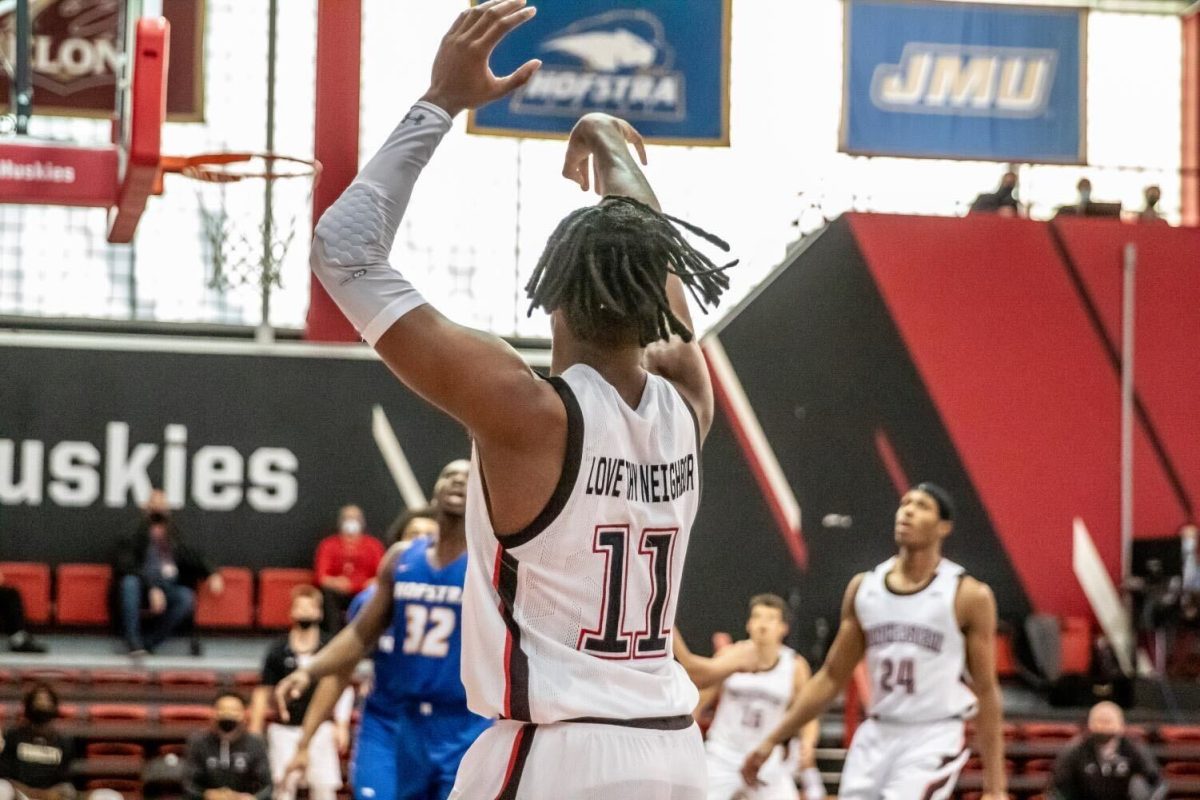Editorial: Violent rhetoric must end
November 1, 2018
A mass shooting at the Congregation Etz Chaim synagogue in Pittsburgh, Pennsylvania has reminded the nation how devastatingly rampant hate crimes are in the United States. This massacre was an atrocity that closely parallels a history of anti-Semitic terror, that we need to universally rebuke.
The accused gunman, who told officers after the shooting that he intentionally targeted the religious space, opened fire during Shabbat services last Saturday. Anger over the heartbreaking event that left 11 victims dead will not dissipate with ease or speed, despite the swift-moving pace of the news environment.
We at The News affirm that white supremacy lies at the root of systemic oppression against marginalized communities. As we grieve and process the events in Pittsburgh, we must also mobilize.
As students of a university committed to fostering diversity, it’s our responsibility to elect representatives who will shift our national culture to one that enforces measures that prevent disaster instead of simply reacting to the issues afterward.
In a letter sent to the members of the Northeastern community on Monday, President Joseph E. Aoun called for unity while denouncing the “spread of poisonous ideas and rhetoric” that contributes to discrimination on every basis.
Though President Donald Trump later called upon the nation to confront “the vile hate-filled poison of anti-Semitism,” he initially stated that the shooting could have been mitigated by the presence of an armed guard inside the synagogue. In so doing, Trump blatantly neglects the fact of the matter: That more guns does not mean less violence.
Trump’s immediate advocacy for more firearms instead of condemning intolerance speaks volumes and insinuates that the ingrained prejudice against the Jewish community — a centuries-old problem in Western society — can be solved by armed guards.
But this line of thinking is deeply misguided. The Center for the Study of Hate & Extremism released a report this year indicating hate crime totals for the 10 largest cities rose for four straight years to the highest level in a decade. The study shows anti-Semitic hate crimes were one of the most common.
Trump’s pattern of encouraging violence only to decry the crimes for which he is partially responsible is much like clockwork. We saw a similar response after Charlottesville, after Parkland and after the Capital Gazette shooting. His public responses are delivered out of necessity and not sincerity.
When tragedy strikes, it’s our responsibility to show up for others in our community, especially when their voices aren’t being heard. It is useful to remember the enduring words of writer and Holocaust survivor Martin Niemöller:
“Then they came for the Jews, and I did not speak out—
Because I was not a Jew.
Then they came for me—and there was no one left to speak for me.”







